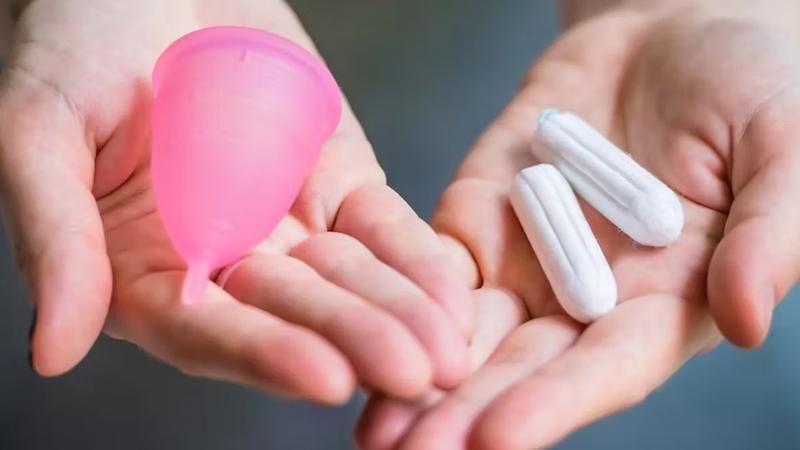Published 17:16 IST, July 9th 2024
Tampons Poisoning You? Study Reveals Toxic Metals Used in Tampon Brands
The metals reportedly found in tampons are very dangerous if contaminated with harmful substances as they come into direct contact with the vagina.

Tampons Poisoning You? Study Reveals Toxic Metals Used in Tampon Brands | Image:
Shutterstock
- Listen to this article
- 2 min read
Advertisement
17:01 IST, July 9th 2024




